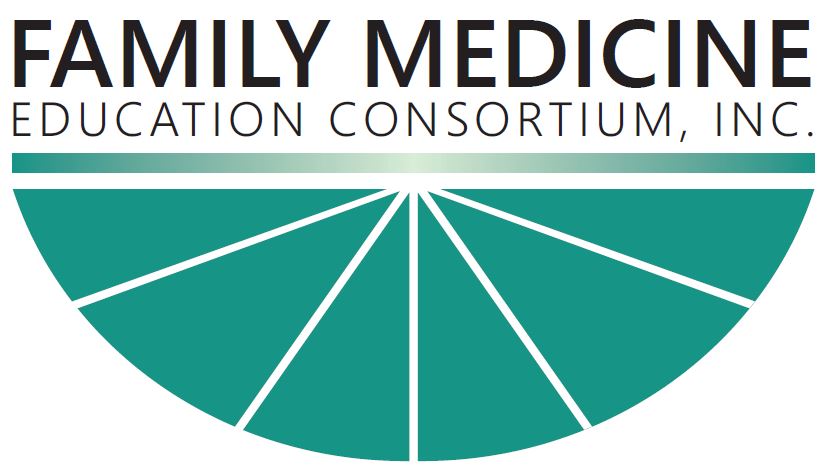Medical HumanitiesAbout Medical Humanities Medical humanities is an interdisciplinary field of medicine that includes the humanities (philosophy, ethics, history, comparative literature, and religion), social science (psychology, sociology, anthropology, cultural studies, health geography), and the arts (literature, theater, film, and visual arts) and their application to medical education and practice. The core strengths of the medical humanities are the imaginative nonconformist qualities and practices. The FMEC, through its work encouraging creative writing and artistic accomplishments for family physicians and its awards program which recognizes health care providers for their creative writing and visual arts, has been a leader in connecting health care and medicine with the arts, social science, and humanities. In 2022, the FMEC and its expert members began developing an initiative to better support medical schools, residency training, and physicians in practice in understanding and applying the arts and more to medical practice. Leadership The FMEC’s work is led by Dr. Hugh Silk and an assembled group of faculty and other experts who are helping shape the goals and outcomes.
Goals and Objectives In 2025, the FMEC group will 1) launch an interactive database to allow faculty to both submit pieces of art and literature that can be used in medical education, describing how it is used and what topics and competencies it teaches to; and 2) develop, test and circulate a family medicine medical humanities curriculum and conduct training for faculty about medical humanities. History and Accomplishments Under the leadership of Dr. Silk, a group was convened to begin planning work on a project or learning community related to medical humanities. The group met and drafted an outline including an orientation to medical humanities; making the case for why work and training in the medical humanities are important; types of humanities; how to do faculty development; examples of how to combine pieces of art or literature with clinical health topics; and how to assess/evaluate work in medical humanities education. The group also presented a 3-hour workshop on medical humanities at the 2021 FMEC Annual Meeting in Pittsburgh, PA. Entitled Seeing, Reading, Listening - Incorporating Medical Humanities into Family Medicine,” the session featured Drs. Silk, Miller, Defenbaugh, and others and introduced the concept of medical humanities, had a live demonstration of teaching with medical humanities and used small groups to build out additional examples. Resources
Opportunities for Involvement The FMEC hopes to do more educational programming and convene interested experts and faculty in 2025 and 2026 to continue to develop its medical humanities project. Watch the FMEC’s website and email communications for more information. For More Information Scott G. Allen, MS, CEO, [email protected] Updated February 5, 2025 |
